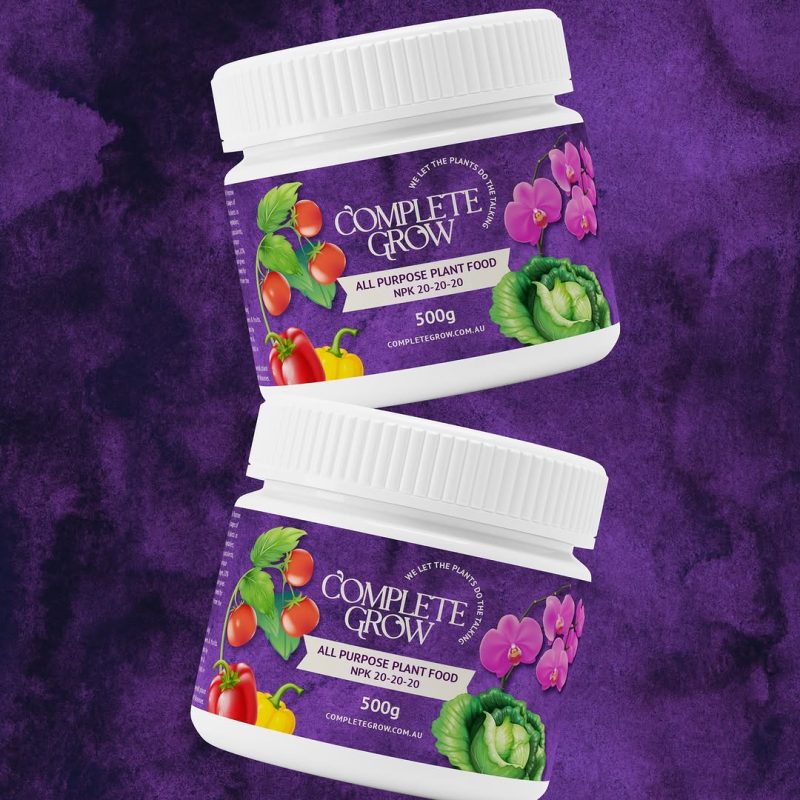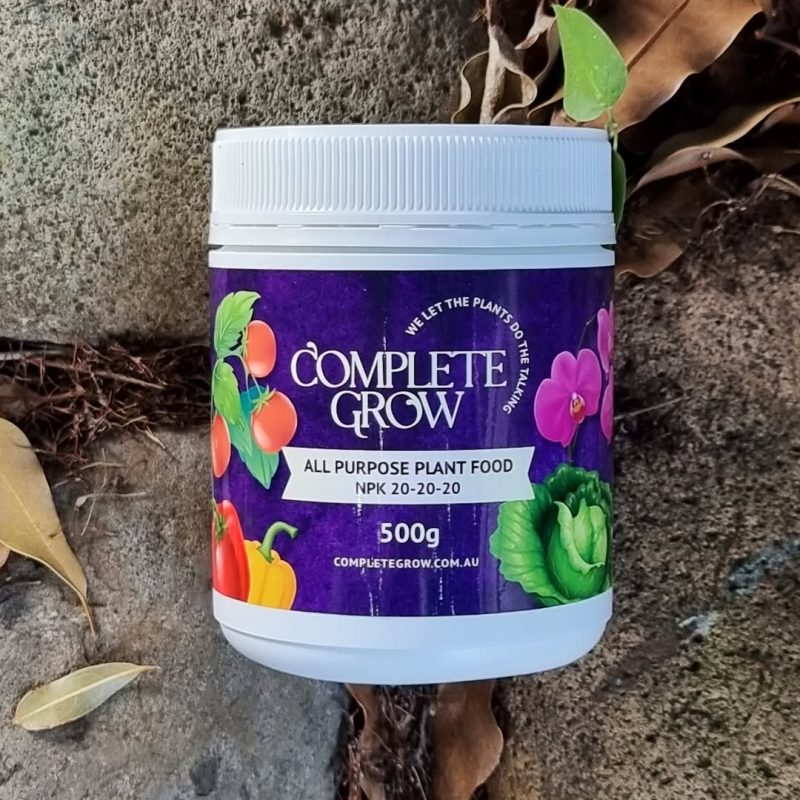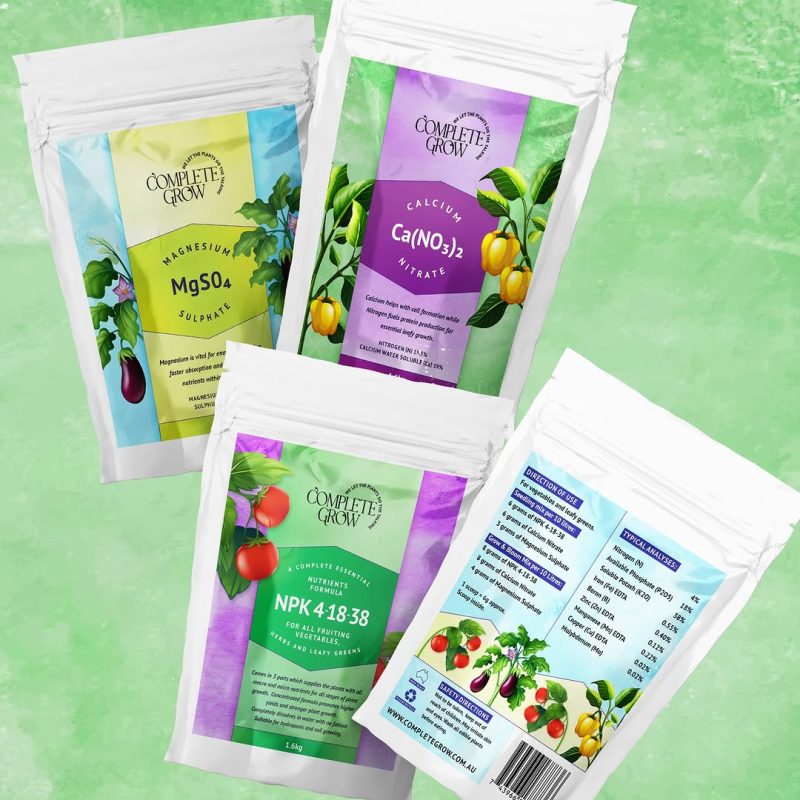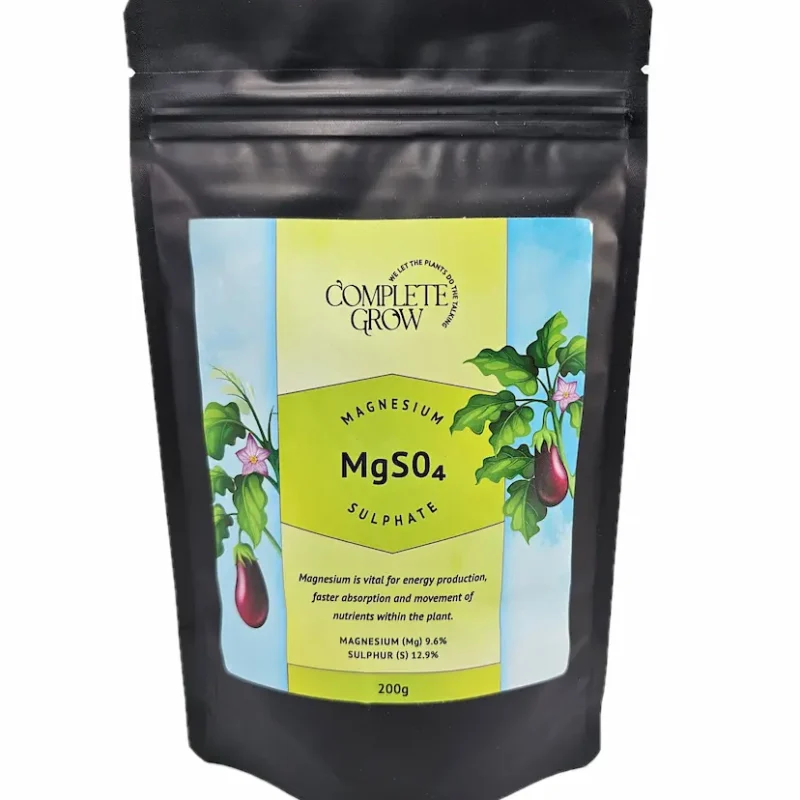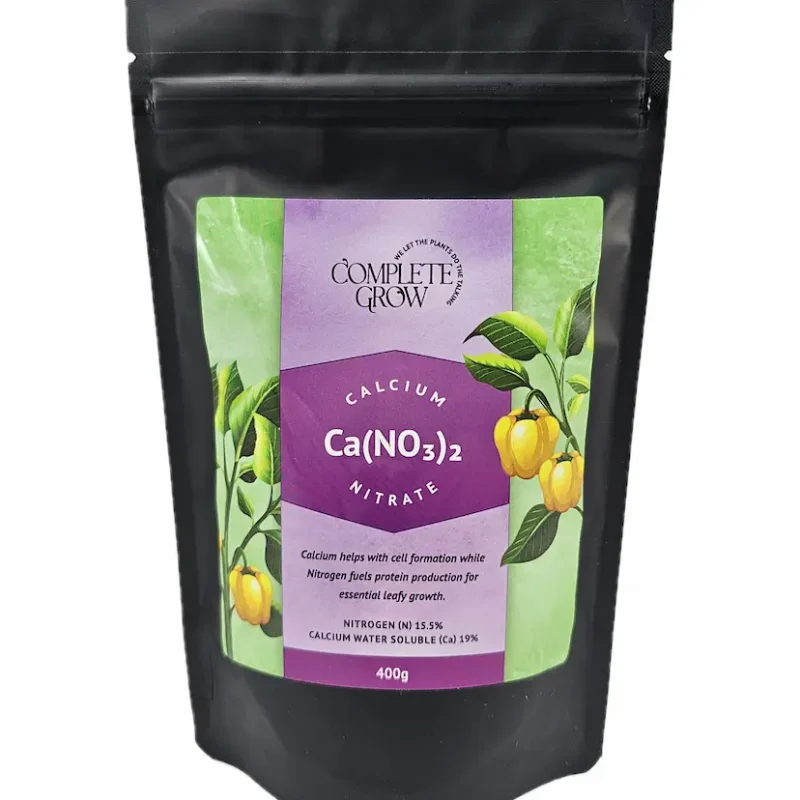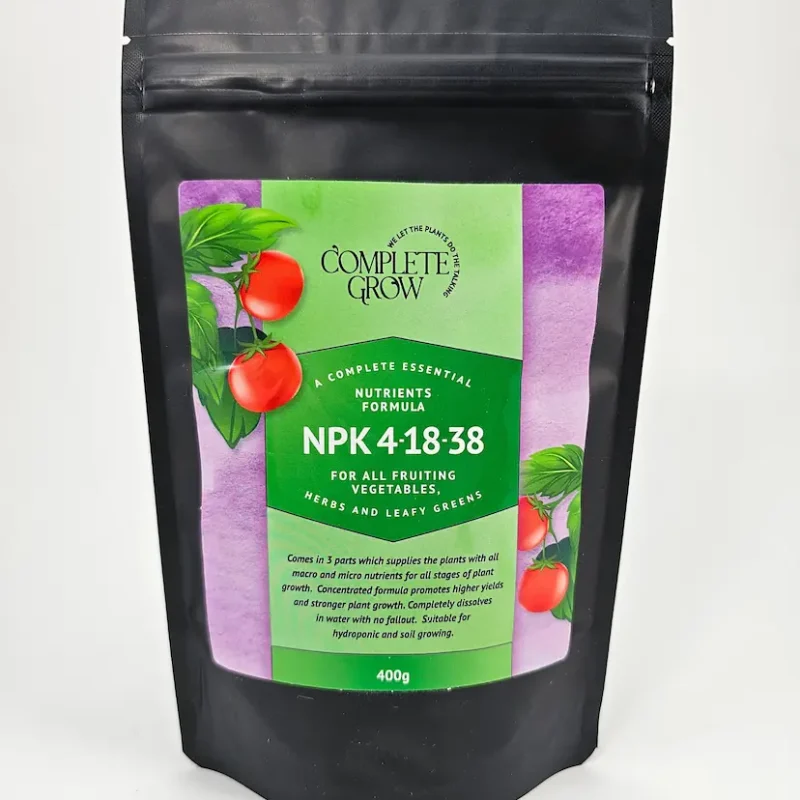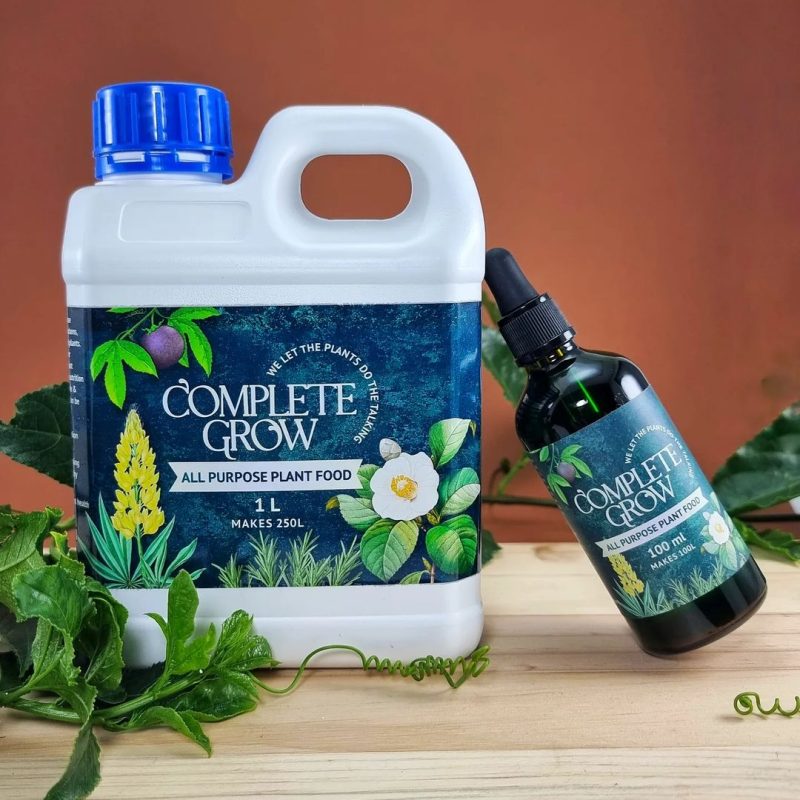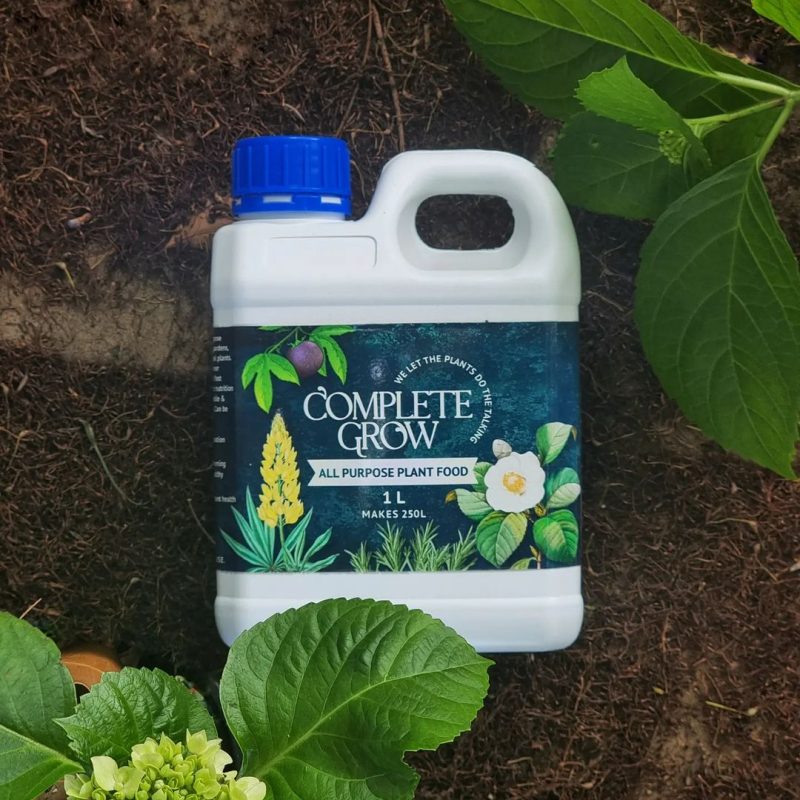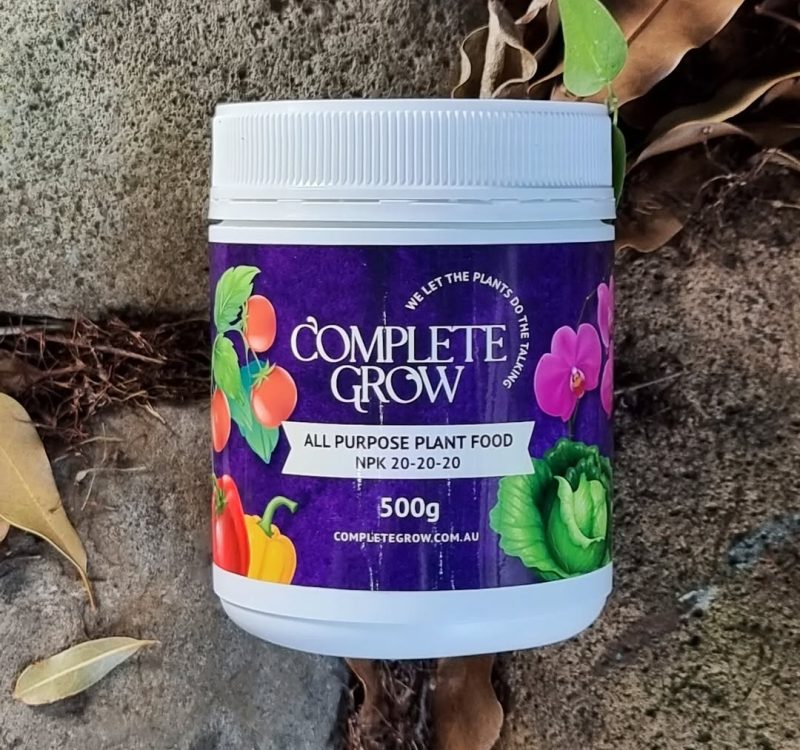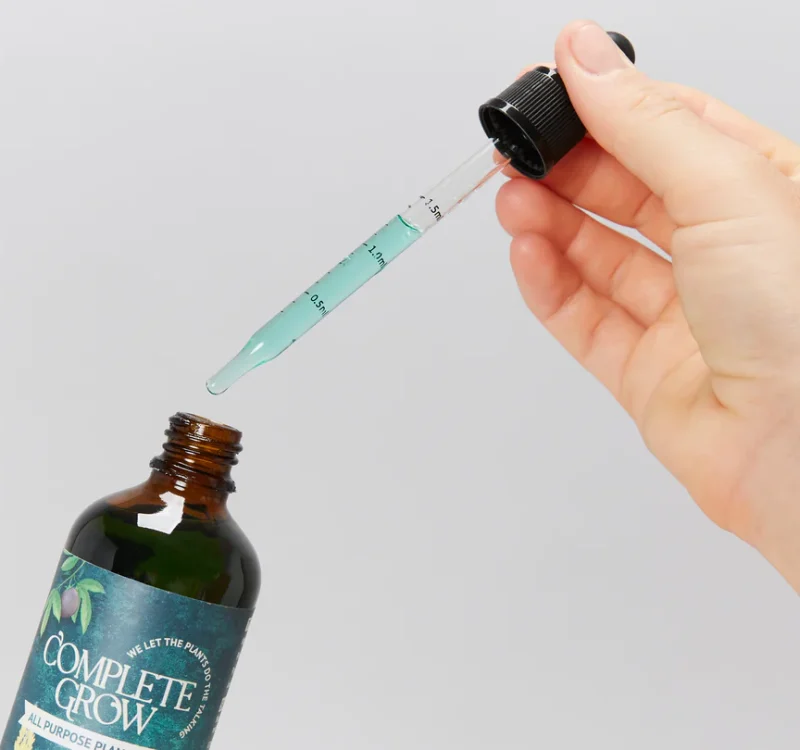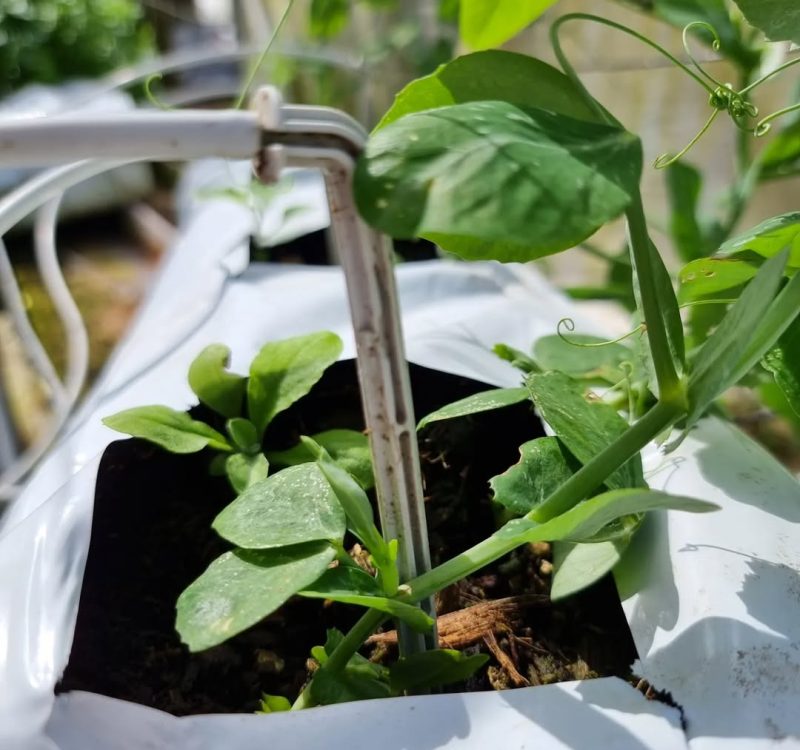Lemons🍋
Transform Your Garden into a Personal Paradise!
Lemon Trees: How to Feed, Grow & Harvest Juicy Lemons
Nothing beats the flavour and aroma of lemons picked straight from your backyard tree. Whether you’re growing in the ground or in a large pot, lemon trees are heavy feeders and need the right fertiliser strategy to produce lush leaves, fragrant flowers, and juicy fruit. This guide covers when to fertilise lemon trees, how to feed them, and the best products to use for consistent results.
Planting & Growing Conditions
- Sunlight: Lemon trees need full sun—at least 6 hours of direct light daily. North-facing spots are ideal.
- Soil: They prefer slightly acidic, well-drained soil. If planting in clay, mix in compost and sand or plant in raised beds.
- Climate: Suitable for most of Australia. In cooler zones (like Melbourne), protect young trees from frost with covers or wrap.
For small spaces or patios, dwarf varieties like ‘Eureka’ or ‘Meyer’ perform well in pots 40–50cm wide. Use a premium potting mix and raise off the ground for drainage.
How to Fertilise a Lemon Tree
Lemon trees are nutrient-hungry. A lack of fertiliser leads to yellowing leaves, small or bitter fruit, and poor flowering. They benefit from two main stages of feeding:
- Growth phase (spring–early summer): Focus on nitrogen-rich fertiliser to fuel leaf, stem, and branch growth.
- Fruit phase (late summer–autumn): Switch to a bloom-boosting fertiliser rich in potassium and calcium to encourage flowering and juicy, full-sized fruit.
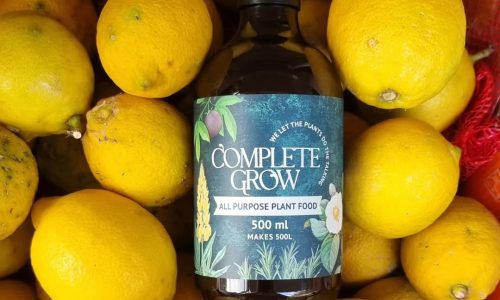
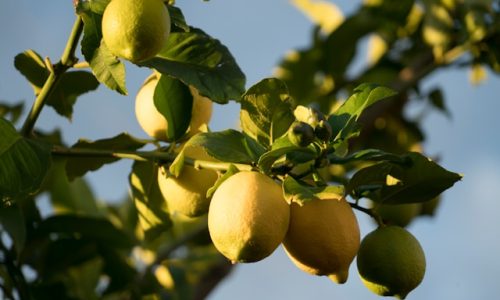
Seasonal Fertiliser Guide
Knowing when to fertilise your lemon tree is just as important as knowing what to feed. Here’s the general schedule:- Early Spring: Apply a balanced fertiliser to support strong foliage and new shoots as the tree comes out of winter dormancy.
- Late Spring to Summer: Continue feeding every 2–3 weeks to sustain growth and encourage flower development.
- Autumn: Switch to a bloom and fruit formulation to improve fruit set and prepare the tree for colder months.
- Winter: Reduce or pause feeding while the tree rests. Resume once new growth begins.
Feeding Frequency
- In-ground trees: Feed every 2–3 weeks during spring, summer, and autumn. Water deeply after feeding.
- Lemon trees in pots: Feed more frequently—every 2 weeks—at half strength. Ensure pots have good drainage to avoid root rot.
How Often to Fertilise Lemon Trees in Melbourne
In southern states, fertilise from September to May. Pause feeding during the coldest months (June–August), and restart once the weather warms and new leaves appear.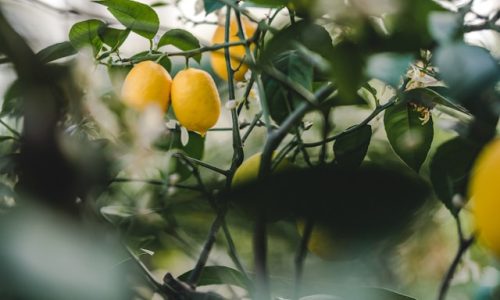
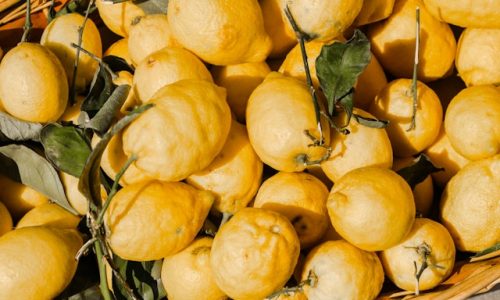
What Is the Best Fertiliser for Lemon Trees?
Complete Grow offers two premium fertilisers that perfectly suit the growth and fruiting cycle of citrus, including lemon trees.- NPK 20-20-20 – Ideal for early growth stages. Balanced NPK delivers nitrogen for leaf production, phosphorus for root strength, and potassium for resilience. Start applying in spring and continue until flowering begins.
- NPK 4-18-38 + Cal-Mag – Designed for the fruiting stage. High potassium promotes fruit size and sweetness, while calcium and magnesium reduce fruit splitting, blossom end rot, and yellowing leaves.
Common Signs of Deficiency in Lemon Trees
- Pale or yellowing leaves: Often a sign of nitrogen or magnesium deficiency. Start with NPK 20-20-20.
- Leaf drop or fruit fall: Can be caused by inconsistent watering or lack of calcium.
- Small fruit or dry pulp: Indicates low potassium. Switch to NPK 4-18-38 to improve fruit quality.
The Complete Grow Lemon Tree Feeding Program
- NPK 20-20-20 – Spring to early summer: for lush foliage, branch strength and tree health.
- NPK 4-18-38 + Cal-Mag – Late summer to autumn: for bigger, better fruit with fewer problems.
Recommended Products
- Quick View
- Select options This product has multiple variants. The options may be chosen on the product page
- Quick View
- Select options This product has multiple variants. The options may be chosen on the product page
- Quick View
- Select options This product has multiple variants. The options may be chosen on the product page


